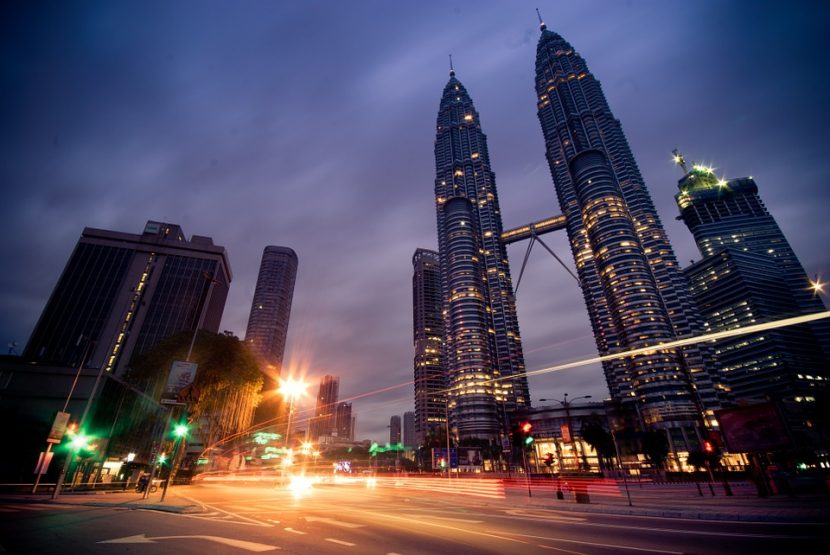EDGEPROP. 9TH JUNE: Excluded from the ban are six types of commercial properties: serviced apartments, small office home offices (SoHo), small office flexible offices (SoFo), small office virtual offices (SoVo), office suites and duplex offices.
It has now dawned on tourists of Penang that the state authorities have imposed a ban on almost all types of short-stay accommodation. This came into force on May 25.
“Housing premises, be it in the form of landed properties (housing estates) or strata (high rise) properties, are not allowed to operate as short-term rental (STR) accommodation,” Penang mayor Rajendran Antony said in a statement on May 30 that was also reported by the international media such as Bloomberg.
Excluded from the ban are six types of commercial properties: serviced apartments, small office home offices (SoHo), small office flexible offices (SoFo), small office virtual offices (SoVo), office suites and duplex offices.
According to the South China Morning post, Penang “is the first state in Malaysia, and the first tourist hotspot in Southeast Asia, to take such measures – mostly, it claims, to regulate hordes of tourists, some of whom behave badly and disturb local residents”.
“With such provisions, I hope that the days of illegal accommodation will be put to rest,” said State Housing Committee chairman Jagdeep Singh Deo.
According to the SCMP’s report, the Penang government stated that “it is responding to complaints about badly behaved tourists – a nuisance for the long-term residents of the island’s many condominiums and properties with shared facilities, where signs discouraging short-term rentals were a common sight long before the government started considering the ban”.
“We get a lot of noisy screaming kids. The adults are rather rude and passive-aggressive towards the security guards … We’ve had weirdos wandering the corridors at the wee hours of the morning caught on CCTV cameras,” a resident of a high-density residential block with 2,155 units located in Tanjung Tokong told the Hong Kong-based publication.
However, those planning to offer STRs under the commercial categories must still obtain the approval of their respective joint management bodies (JMBs) or management corporations (MCs), according to a report from the FMT newsportal. They have to obtain a 75% “yes” vote from residents at an annual general meeting.
Rajendran said JMBs and MCs must collect an annual fee ranging from RM250 to RM500 a year per unit, with new registration fees of up to RM250, reported FMT.
The property must also be registered with Penang Island City Council (MBPP) and the owner must furnish Companies Commission of Malaysia documentation.
Other fees include a one-time security deposit, ranging from RM1,000 to RM3,000 per unit, with each STR unit being only allowed to be rented out for a maximum of 180 days a year (limited to three days a week).


